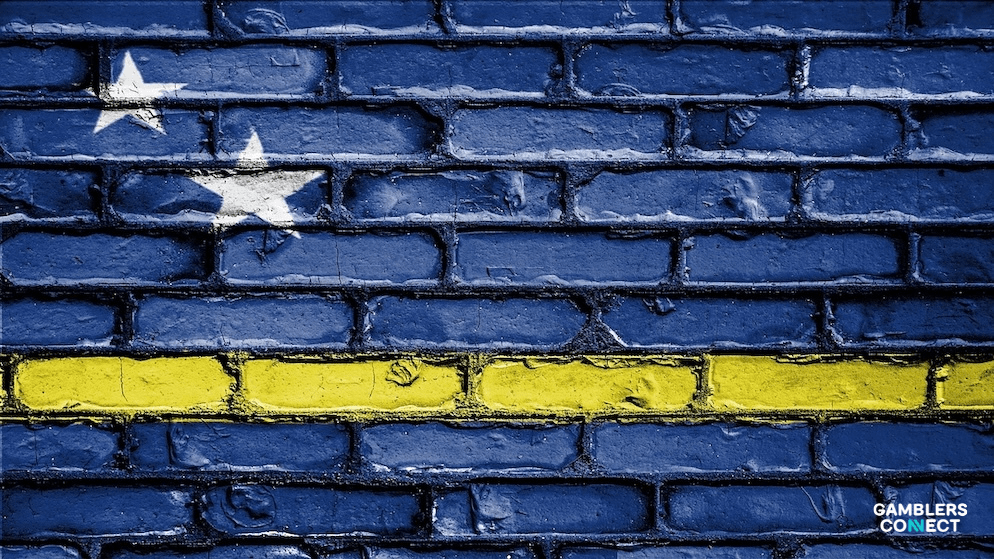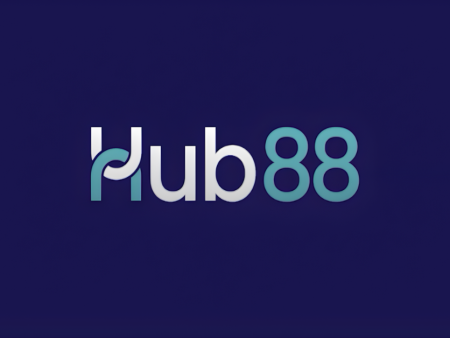
The Curaçao Gaming Authority (CGA) has been plunged into a state of profound uncertainty following the mass resignation of its entire Board of Commissioners in mid-September.
The sudden departure of all three members leaves the regulatory body without an active supervisory board, raising serious questions about leadership and oversight within one of the world’s most prominent online gaming jurisdictions.
This leadership vacuum comes at a highly sensitive time, marked by escalating political tensions within the island’s government.
In the wake of the resignations of the Board of Commissioners, Prime Minister Gilmar Pisas appears to have assumed direct control over the gaming authority.
Reports indicate that Pisas met with the CGA’s management team shortly after the board stepped down, a meeting notably not attended by Finance Minister Javier Silvania, under whose portfolio the authority officially falls.
This has fueled speculation that oversight of the lucrative sector has effectively been transferred from the Finance Ministry to the Prime Minister’s Office.
The shift further weakens the position of Minister Silvania, who has recently faced internal party criticism and allegations of misconduct.
The gaming industry is a vital source of revenue for Curaçao, contributing around 40 million guilders annually.
The CGA was launched in July as the successor to the Gaming Control Board (GCB) and was central to Silvania’s plans to modernize the island’s regulatory framework. The current crisis now casts significant doubt on the future of those reforms.
Adding to the confusion, the CGA has yet to be officially listed in Curaçao’s Chamber of Commerce register, and its website still describes it as operating on behalf of the Minister of Finance.
With commissioners Shelwyn Salesia, Robert Reijnaert, and Ildefons Simon all gone and no replacements named, both local and international gaming operators are left in limbo, unsure of who now holds regulatory authority on the island.





